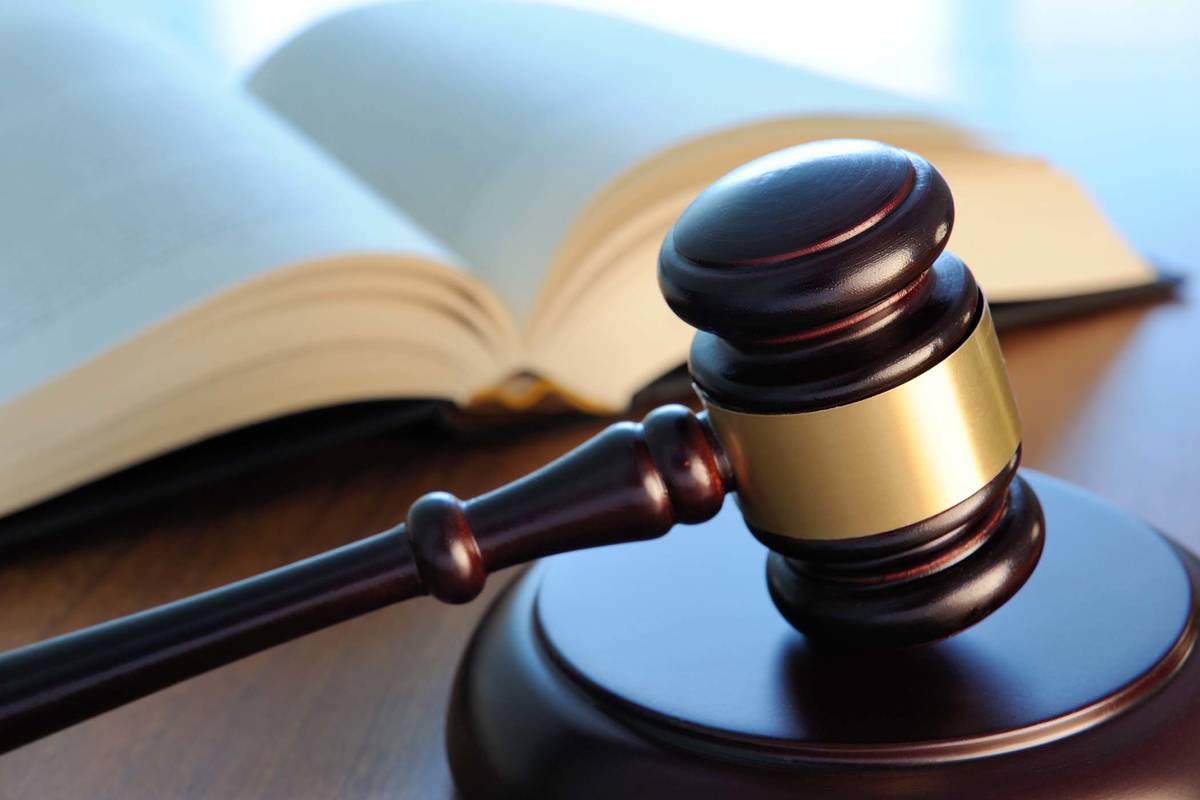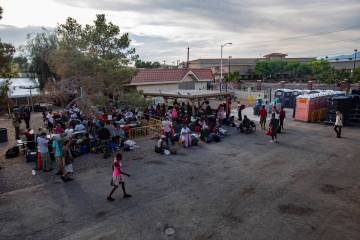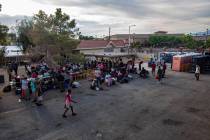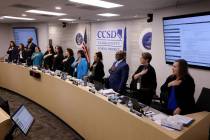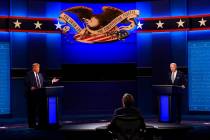EDITORIAL: Supreme Court in session — but one justice short
As the pandemic threatens GOP plans to quickly fill the Supreme Court opening created by the death of Ruth Bader Ginsburg, the high court opened its term Monday with eight justices and a host of major cases on the docket.
Three Republican senators, two of whom are on the Judiciary Committee, have tested positive for the virus, as has President Donald Trump. Senate Majority Leader Mitch McConnell said this week that the upper chamber will move forward next week with hearings on Amy Coney Barrett, but Democrats clearly now see the virus scare as the best way to slow the process, claiming it’s not safe to proceed.
Meanwhile, the high court carries on — albeit via telephone hookup during the pandemic. And, as usual, the justices have agreed to hear cases involving a number of vital constitutional questions.
■ In a Texas case, the court will hear a third challenge to Obamacare. When Congress in 2017 eliminated the mandate to buy health insurance, it raised questions about other provisions of the law and whether the measure could still be viewed as a legitimate result of congressional taxing authority. A federal judge ruled that, without the individual mandate, the entire law was unconstitutional, and a federal appeals court upheld portions of that decision. Once more, the fate of Obamacare will be in the Supreme Court’s hands.
■ In a Pennsylvania case, the justices will again wade into a church-state First Amendment issue, this one involving whether Philadelphia may void a contract with a church group that vetted potential foster families for the city. But the Catholic group refused to certify same-sex couples, so the city cut ties. The court must determine whether the move violated the religious group’s First Amendment rights.
■A case from Arizona will examine vote “harvesting.” Democrats — who today argue against virtually any effort to ensure the integrity of the ballot as a nefarious plot to suppress minority participation — have sued over a Grand Canyon State law that limits who may turn in another person’s mail or absentee ballot. This case offers the judges the opportunity to uphold common-sense attempts to ensure that elections are conducted with the basic safeguards necessary to maintain confidence in the democratic process.
Other cases involve the separation of powers, congressional impeachment authority, media ownership restrictions, excessive police force, the rights of states to consider political affiliation as a means of ensuring an ideologically diverse judiciary and attempts to use the courts to advance green environmental policy.
The possibility of 4-4 splits looms. In the event of deadlocks, the appeals court decision carries the day. Which is another reason why Sen. McConnell and the White House are unlikely to let the virus slow the confirmation of Ms. Barrett.



